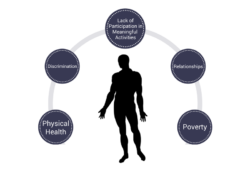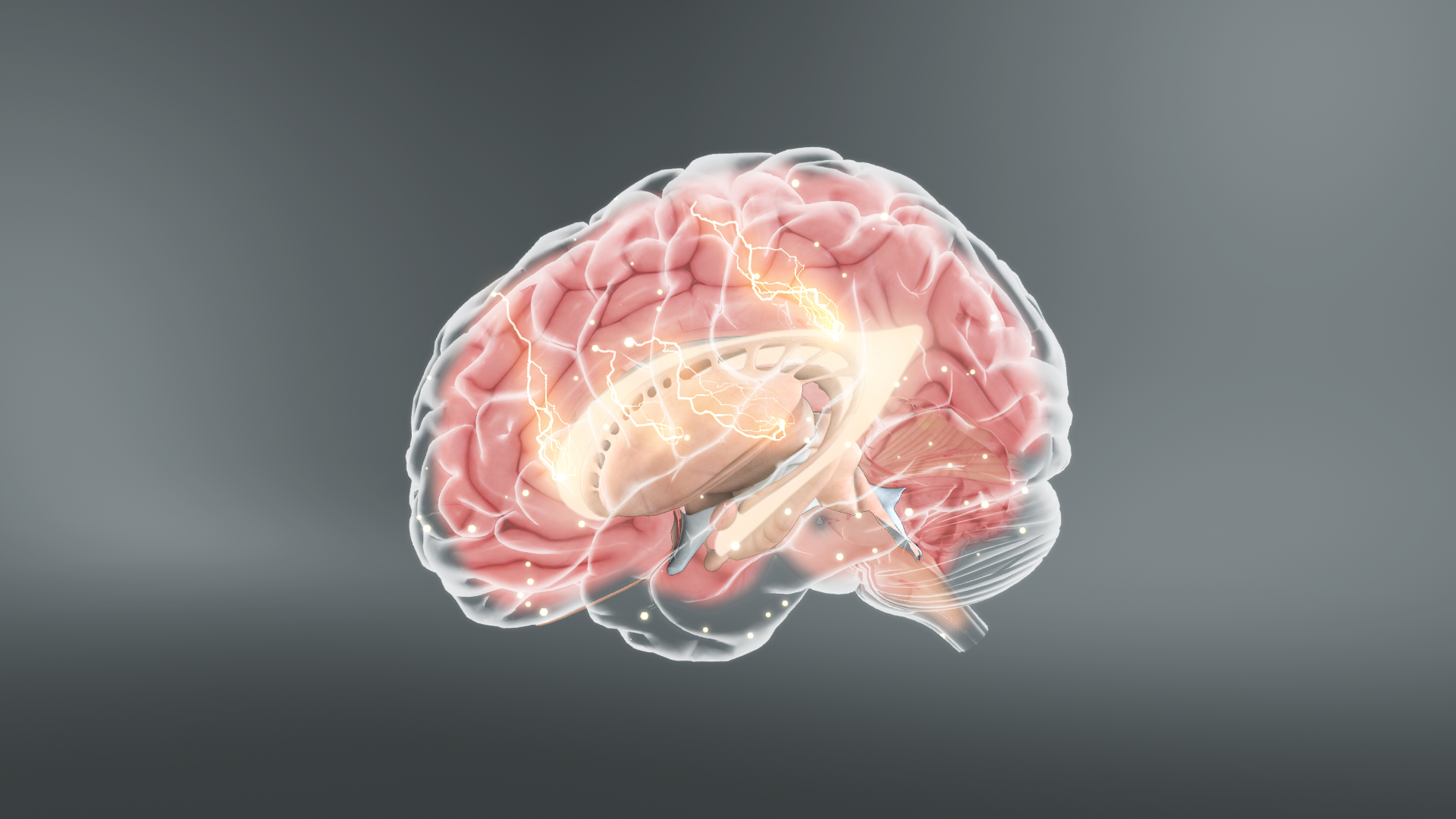- That depression is synonymous to sadness is a common thought. But feeling sad is only a part of it. A depressed person is more likely to experience physical symptoms such as headaches, cramps, or digestive problems. They may also have trouble with sleeping and feel tired throughout the day.
- Women are nearly twice as likely as men to be diagnosed with depression owing to their reproductive hormones, social pressures and their response to stress. Conditions like puberty, premenstrual problems, pregnancy, menopause, etc, could trigger the symptoms of depression.
- Seasonal affective disorder or depression in the winter months triggered by lower levels of sunlight, atypical depression characterized by excessive sleeping, excessive eating are more common in women. Feelings of guilt associated with depression are also more prevalent and pronounced in women.
- A less common, more severe form of PMS is premenstrual dysphoric disorder (PMDD). PMDD is a serious condition with disabling symptoms such as irritability, anger, sadness, suicidal thoughts, appetite changes, bloating, breast tenderness, and joint or muscle pain.
- Perinatal depression is depression during or after pregnancy. The feelings of extreme sadness, anxiety, and exhaustion that accompany perinatal depression may make it difficult to complete daily care activities for a new mom and/or her baby.
- Perimenopause or the transition into menopause is a normal phase in a woman’s life that is often challenging in terms of abnormal periods, problems sleeping, mood swings, and hot flashes. But it is a myth that it is “normal” to feel depressed.
- Depression doesn’t manifest in the same way for every woman. The severity and frequency of symptoms, and how long they last, will vary depending on the individual and her particular illness, and even on the stage of illness.
- Although depression might seem overwhelming, there's effective treatment. Seek help if you have any signs and symptoms of depression
An Important Update…
A randomized control trial study performed by researchers in Madison and California showed mindfulness training can improve women's childbirth experiences and reduce their depression symptoms during pregnancy and the early postpartum period, by addressing the fear and pain attached to it. With mindfulness skills, the women participants reported improved mental well-being and, therefore, an enhanced ability to cope with childbirth which is critical for healthy mother-infant adjustment in the first year of life.The study has been published in the journal BMC Pregnancy and Childbirth.
Here’s an Inspiration…

In 2011, Academy Award-winning actor Catherine Zeta-Jones stunned the public by announcing that she suffers from bipolar II disorder and is participating in inpatient treatment for the illness. For once, the world could make a connection between one of the most talented and glamorous movie stars and a misunderstood illness.
Jones said she wanted other sufferers to know that help was available and claimed that being diagnosed with bipolar disorder had made her appreciate life all the more.
“You find out who you really are. You find things inside yourself you never imagined were there. I’ve gained an appreciation for little things, like tea outside on a terrace. I hope I can help remove any stigma attached to it, and that those who don’t have it under control will seek help with all that is available to treat it.”
#Herhealthmatters

Depression in Elderly Americans
AIDS or Acquired Immunodeficiency Syndrome, transmitted via Human Immunodeficiency Virus (HIV) remains the leading cause of death for women of reproductive age. In fact, young women are twice as likely to acquire HIV as their male counterparts. Read More..









